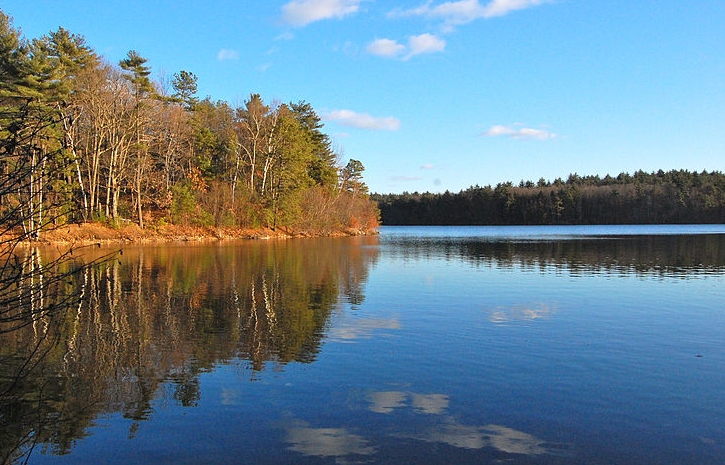Podcast: Play in new window
BOB HIRSHON (host):
Walden Pond revisited. I’m Bob Hirshon and this is Science Update.

Henry David Thoreau’s observations of nature around Walden Pond in the 1840s are helping
scientists study the effects of climate change. Boston University biologist Richard Primack and
his students have found that alongside rising temperatures, native trees like sugar maples are now
leafing out about two and a half weeks earlier than they did in Thoreau’s time. But they face
competition from invasive species, like Japanese barberry. And lab experiments show that the
invasive species can adapt faster to earlier thaws and shorter winters.
RICHARD PRIMACK (Boston University):
And what this tells us is that as the conditions continue to get warmer, that these non-native
invasive shrubs are going to continue to leaf out ever earlier, and gain a competitive advantage
over the native trees and shrubs.
HIRSHON:
That’s partly because native species actually need cold winters in order to grow new leaves in the
spring. I’m Bob Hirshon for AAAS, the Science Society.
